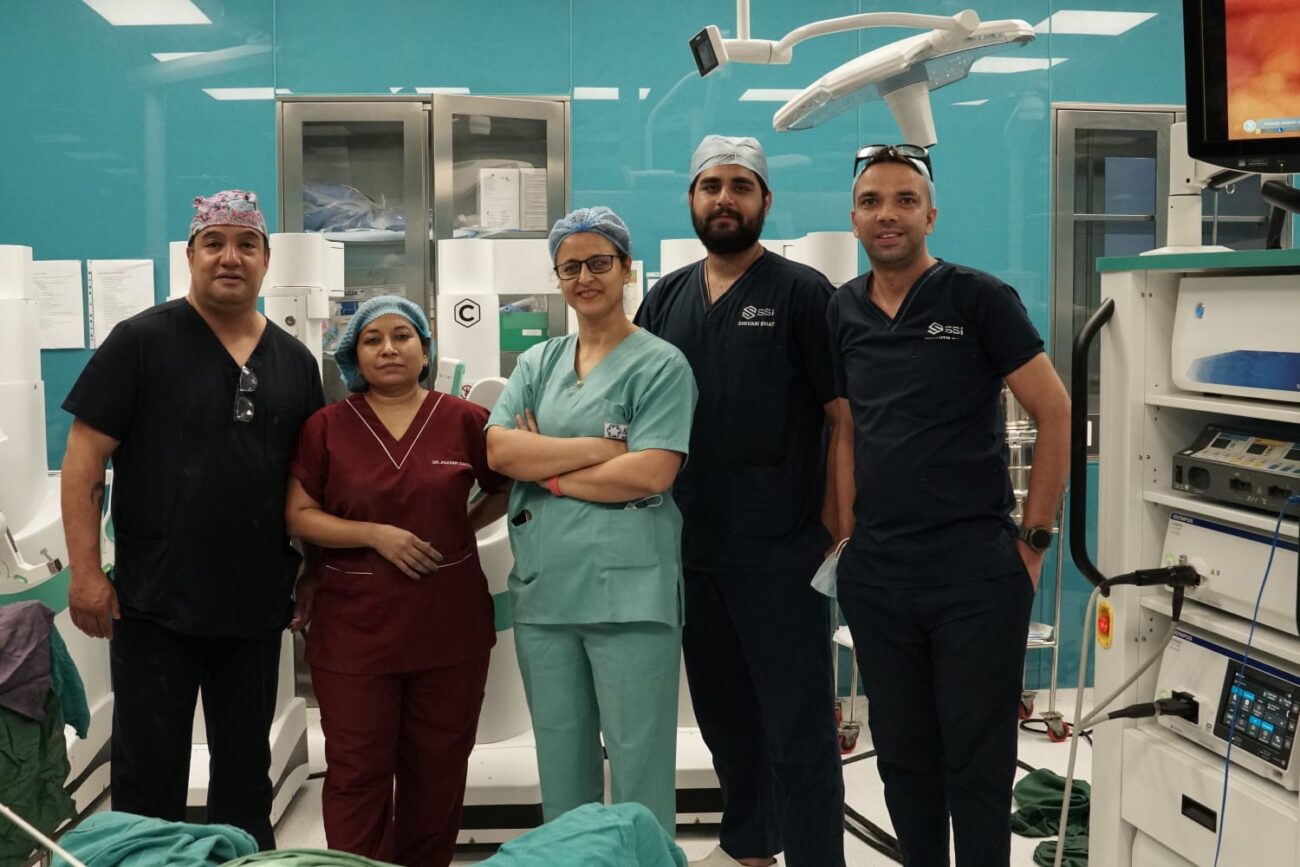Philips India reinforces commitment to ‘Sleep-Health’ with the release of its annual sleep survey results
Survey findings include: 73% of Indian adults want to improve the quality of their sleep 16 % of Indian adults more likely to use sleep improvement tech/wearables than residents of any other country surveyed New Delhi, India –
Survey findings include:
- 73% of Indian adults want to improve the quality of their sleep
- 16 % of Indian adults more likely to use sleep improvement tech/wearables than residents of any other country surveyed
New Delhi, India – Strengthening its commitment to ‘Sleep Health’, Royal Philips (NYSE: PHG, AEX: PHIA), a global leader in health technology today released India findings from its
annual global sleep survey titled, “The Global Pursuit of Better Sleep Health.” As a leading innovator in sleep and respiratory care, Philips aims to use these insights to further enhance conversation about an important yet often forgotten pillar of health and wellbeing: sleep health.
The survey, executed by KJT Group on behalf of Philips, interviewed 11,006 respondents in Australia, Brazil, Canada, China, France, Germany, India, Japan, Netherlands, Singapore, South Korea, and the United States to capture attitudes, perceptions, and behaviors around sleep. Key findings from India include:
- Despite 55% of Indian adults agreeing that they sleep well, 73% still wants to improve the quality of their sleep
- Indicating rise in awareness level on ‘Sleep-Health’, 38% of Indian adults say that their sleep has improved in the past 5 years, the highest number of all countries.
- While 34% Indian adults are inclined to know more sleep and treatments to improve sleep, 24% have already used online forum/social media to better educate themselves about ‘Sleep Health’.
- When it comes to improving sleep, 31% Indian adults meditate, higher than the global average of 26%.
- Interestingly, the findings also point out to an appetite of using sleep improvement tech/wearables with 16% Indian adults inclined to use the devices as wearable technology allows consumers simple ways to monitor and improve their sleep quality.
- Indicating ignorance about sleep disorders, the survey also highlighted that nearly half of the sufferers perceive snoring to be natural, hereditary, or caused by age which is a major reason to not take it seriously.
*However, the importance for good quality sleep seem low in Delhi (47%) as compared to Mumbai (84%), Bengaluru (88%) and Lucknow (70%).
Commenting on the launch, Harish R, Head of Sleep & Respiratory Care, Philips India said “The findings suggest that while Indians recognize the lack of inadequate sleep as a potential health issue, awareness still remains low on sleep disorders and available sleep therapy solutions. At Philips, we stay focused on strengthening our awareness campaigns on sleep disorders in India, particularly in Tier 2 and 3 markets as well as providing advanced solutions to the patients. Towards this, we recently introduced the ‘No-cost EMI’ scheme offer on Philips Sleep & Respiratory care products in India, ensuring affordable and accessible care delivery.”
Dr. Manvir Bhatia, Director Sleep Medicine & Senior neurologist, Neurology and Sleep Centre, New Delhi said, “Sleep is an essential component of health. The quality and quantity of sleep affects our health, safety and productivity. Successfully managing sleep disorders in today’s changing healthcare environment is quite challenging. It has become critical to make sleep diagnosing and treatment more efficient. We are glad that Philips continues to sensitizing people about sleep health as well as providing solutions in this direction. Thankfully, majority of sleep problems are perfectly treatable and in many cases there is a dramatic change in the quality of life in the treated person.”
Philips is committed to improve “Sleep-health’ in India. It continues its efforts to increase awareness about sleep disorders, its symptoms and impact on health as well as overall quality of life. Philips has established over 500 sleep labs across the country and trained over 400 sleep technicians. It is developing clinically-proven solutions that help people take control of their sleep health. It is also meeting the growing and evolving needs of consumers and healthcare professionals, through the expansion of its SmartSleep suite of solutions and surpassing of ten million DreamWear masks and cushions sold worldwide.



